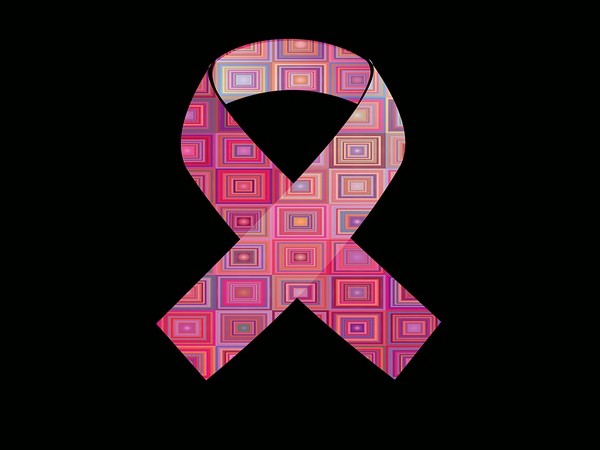Washington: A recent study suggests that women’s colour and age may elevate the risk of developing triple-negative breast cancers, which are often aggressive and do not respond to hormone therapy.
The study was published in the journal, ‘Cancer.’
To conduct a larger study, Lia Scott along with her fellow researchers analyzed all breast cancer cases diagnosed during 2010-2014 from the United States Cancer Statistics database, a population-based surveillance system of cancer registries with data representing 99 per cent of the U.S. population.
The team of researchers identified 1,151,724 cases of breast cancer from 2010-2014, with triple-negative cases accounting for approximately 8.4 per cent of all cases. The researchers uncovered a significant burden of triple-negative breast cancer for women of colour, specifically non-Hispanic black women, and for younger women.
Compared with non-Hispanic white women, non-Hispanic black women and Hispanic women had 2.3-times and 1.2-times higher odds of being diagnosed with triple-negative breast cancer, respectively. More than 21 per cent of non-Hispanic black women were diagnosed with triple-negative breast cancer, compared with less than 11 per cent for all other types of breast cancer.
Women younger than 40 years of age had twice the odds of being diagnosed with triple-negative breast cancer than women aged 50-64 years. Also, among women who were diagnosed with breast cancer, those diagnosed at late stages were 69 per cent more likely to have triple-negative cancer than other types.
The authors noted that due to the aggressive nature of triple-negative breast cancer and the lack of therapeutic options, it is important to know which individuals face higher risk and what factors may influence this risk.
“With the advent and availability of more comprehensive cancer data, such as the United States Cancer Statistics database, it is important that we continue to explore disparities in order to better inform practice and policy around screenable cancers like breast cancer,” said Dr Scott.
[source_without_link]ANI[/source_without_link]

